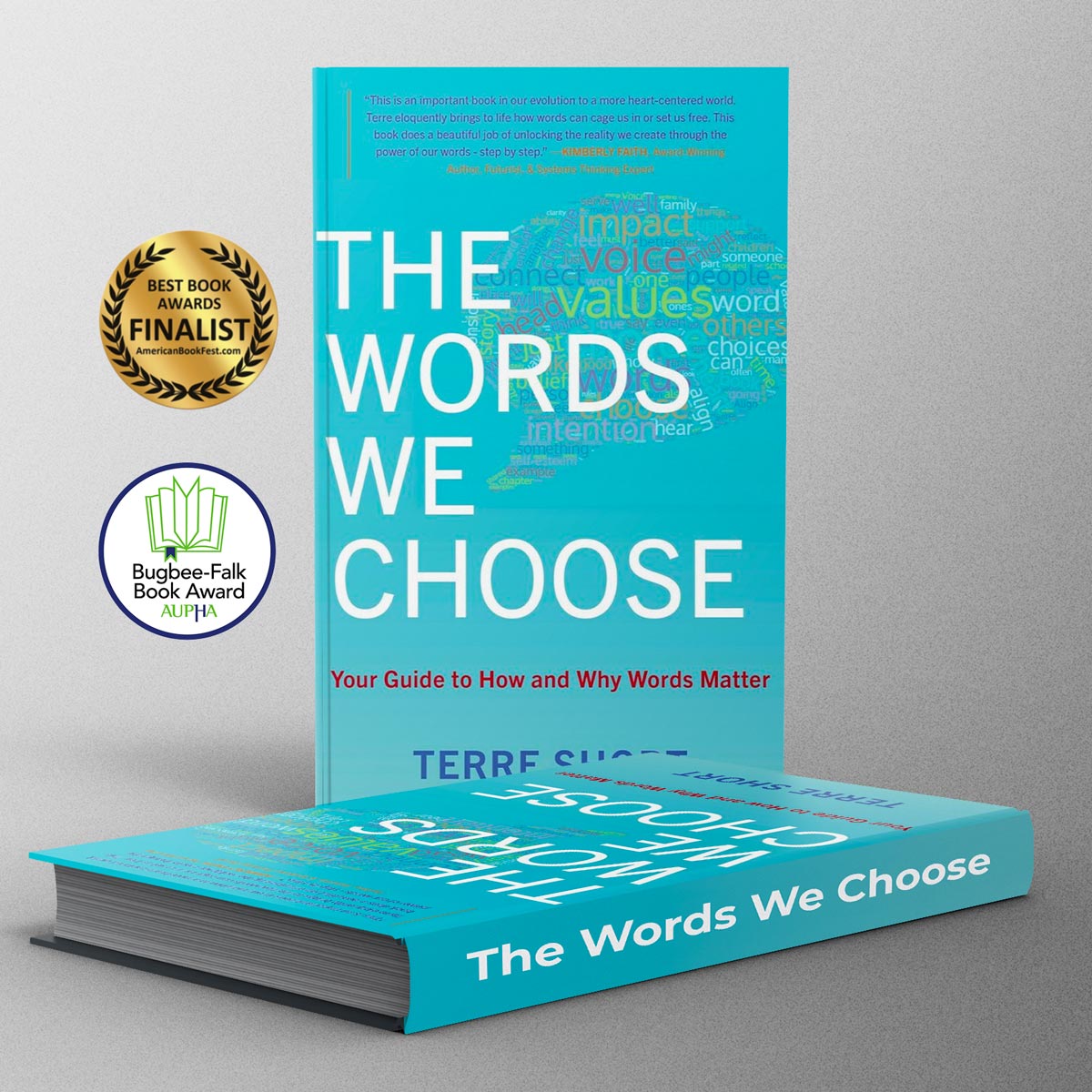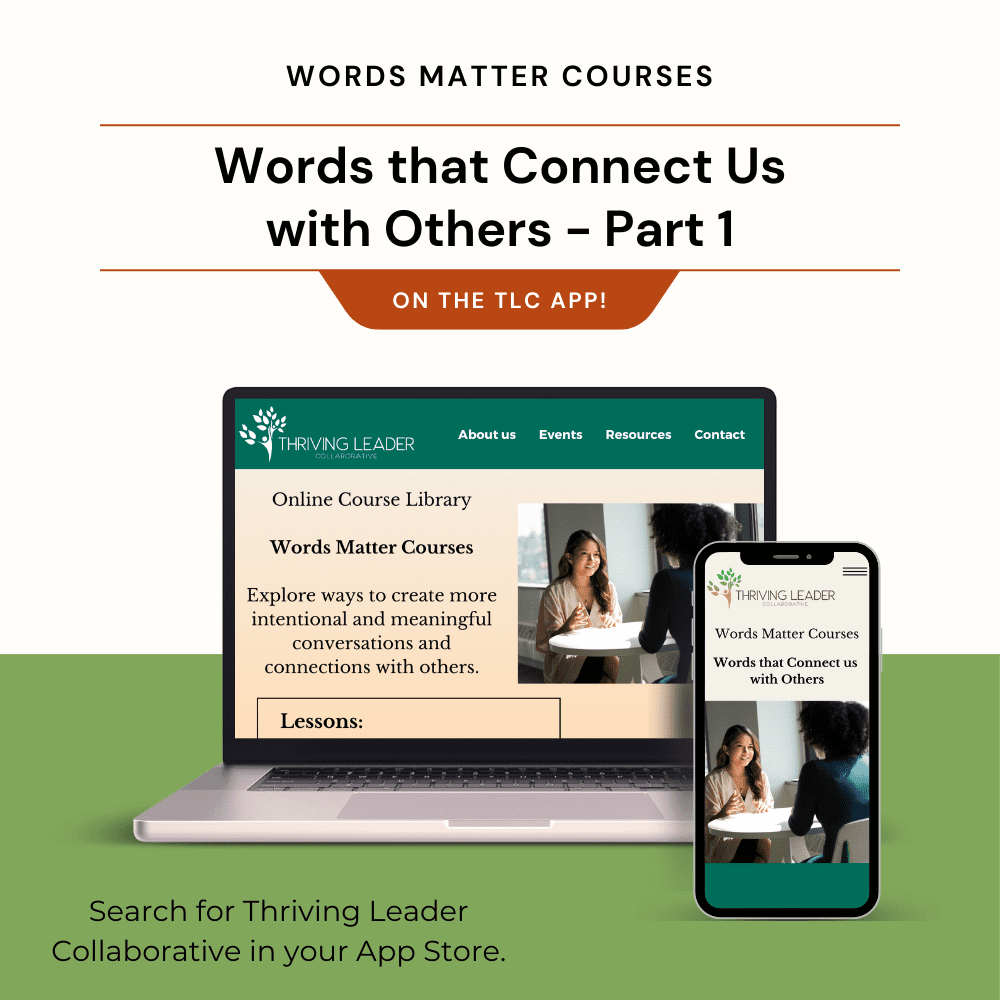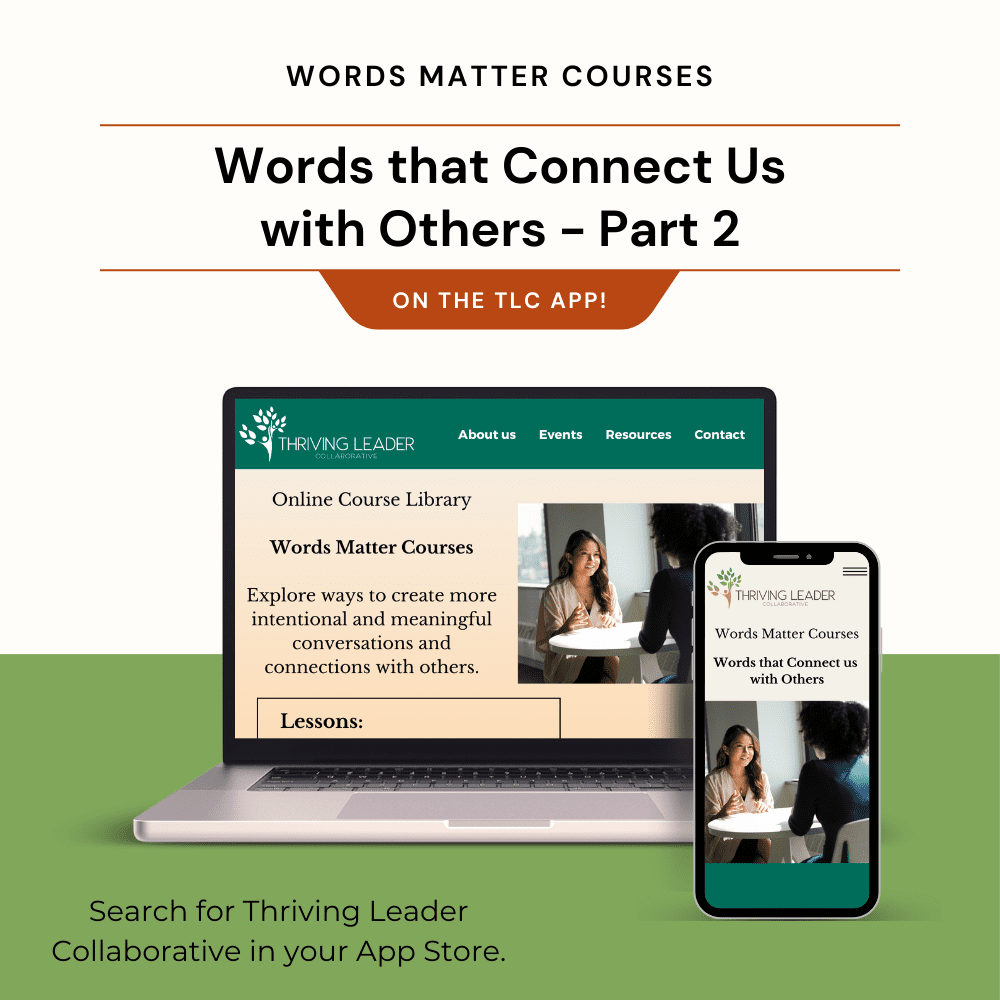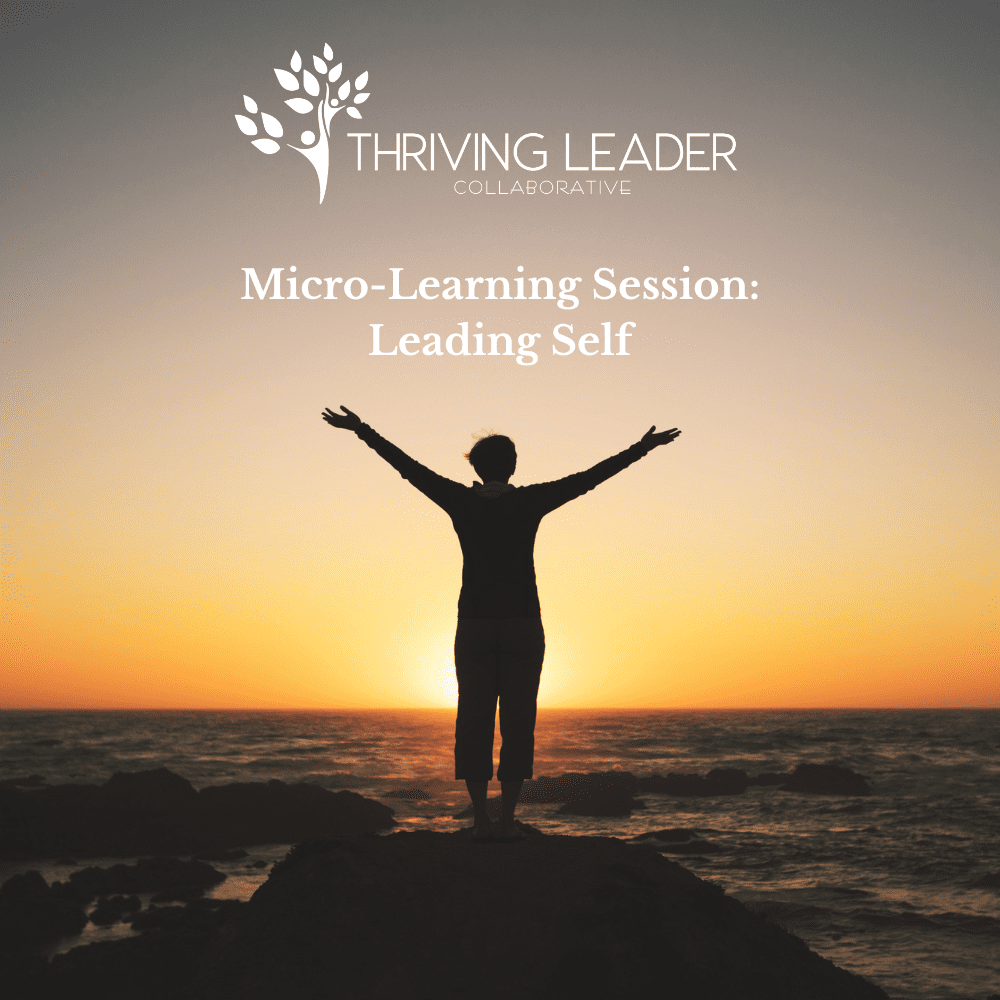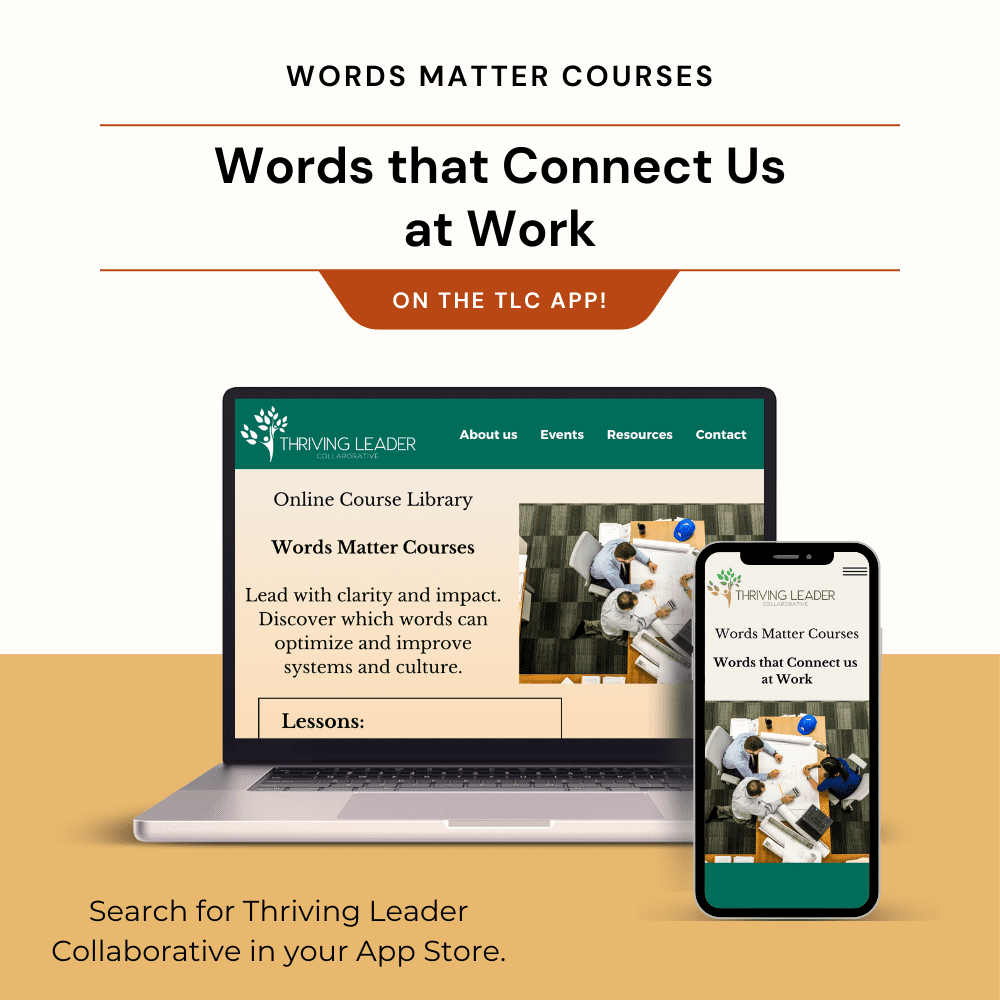How Do Your Q’s Stack Up? IQ – EQ – PQ
By Terre Short
Great leaders harness the power of emotional intelligence (EQ). Volumes exist on the competencies of emotional intelligence and the literature supports the correlation between high EQ and effective leadership. Emotional intelligence also informs parenting styles and relationship patterns. The five components of emotional intelligence are self-awareness, self-regulation, motivation, empathy, and social skills.
I have been studying Positive Intelligence (PQ) and appreciate how building mental fitness serves each of these five EQ competencies. Additionally, self-awareness, self-regulation, and empathy each play a role in activating a sage perspective in the PQ framework. We will dive deeper into the key components of PQ in future articles. I mention it here, as I believe truly evolved leaders leverage three Qs: IQ, EQ and PQ, as well as the lesser known intuitive intelligence (also a topic of future, and some past, posts).
In a previous article we explored how values elevate one’s sense of self, so does EQ. Here are the key definitions of Emotional Intelligence (Harvard Business Review, 2015):
- Self-awareness – The ability to recognize and understand your moods, emotions, and drives, as well as their effect on others.
- Self-regulation – The ability to control or redirect disruptive impulses and moods. The propensity to suspend judgment – to think before acting.
- Motivation – A passion to work for reasons that go beyond money or status. Propensity to pursue goals with energy and persistence.
- Empathy – The ability to understand the emotional make-up of other people. Skill in treating people according to their emotional reactions.
- Social skill – Proficiency in managing relationships and building networks. And ability to find common ground and build rapport.
Having heightened self-awareness provides an insight into the other four components. You might consider this Emotional Intelligence Test from Psychology Today. By investing about 45 minutes of your time, you will receive a free overview of your scores. You can pay for additional detail, but the overview is enough to provide you with insight into which component you may want to build upon.
Whether you do an online EQ test or not, you can do a quick rating of yourself for each of the five components of EQ by evaluating these statements.
- Self-awareness – I can recognize and understand my own moods, emotions, and drives, as well as the effect my moods, emotions and drives have on others.
![]()
- Self-regulation – I can control or redirect disruptive impulses and moods.
![]()
I can suspend judgment and think before acting or speaking.
![]()
- Motivation – I pursue goals with energy and persistence.
![]()
- Empathy – I can understand the emotional make-up of other people.
![]()
I show skill in treating people according to their emotional reactions.
![]()
- Social skill – I am proficient in managing relationships and building networks.
![]()
I can find common ground and build rapport easily with others.
![]()
While a proper EQ test for gaining your baseline score is recommended, you might consider any areas above where you scored a three or lower as an area of opportunity. Additionally, you might ask someone you trust these same questions about you. How do they perceive you do in each area?
Do you desire to build upon all your Q’s: IQ, EQ, and PQ? Leading in the age of infinite information, and limitless potential, requires a well-rounded aptitude for these various intelligences. While each provides data points and feedback to contemplate, it is really the combination of all that represents your strengths. Your sense of self and what you believe about your abilities is driven by the unique synergy created by your competencies. Fortunately, neuroscience offers seemingly endless discoveries and we are learning more about our ability to grow and evolve in each of these areas.
The next few articles will explore the key components of emotional intelligence. We are eager to know what you would like to learn more about. I have been geeking out on Positive Intelligence and the neuroscience of certain behaviors and am eager to share learning and observations if that is of interest. Leave a comment or connect directly: info@thrivinglc.com.
Resources
Daniel Goleman, PhD – Emotional Intelligence: Why It Can Matter More Than IQ, 1995
Harvard Business Review (2015). On Emotional Intelligence. Boston: Harvard Business School Publishing Corporation.
Emotional Intelligence Test – Retrieved on January 26, 2021 from: https://www.psychologytoday.com/nz/tests/personality/emotional-intelligence-test

